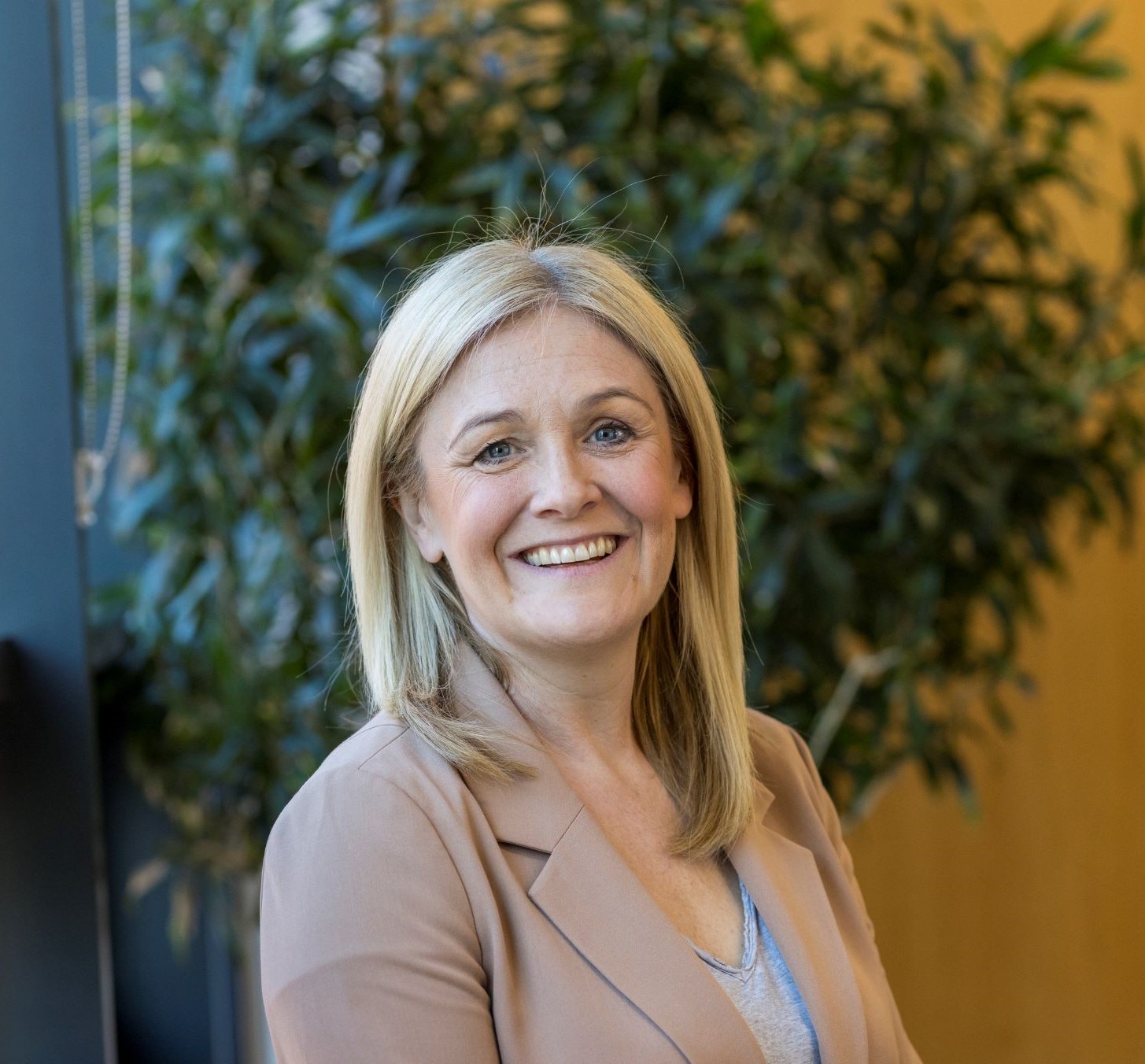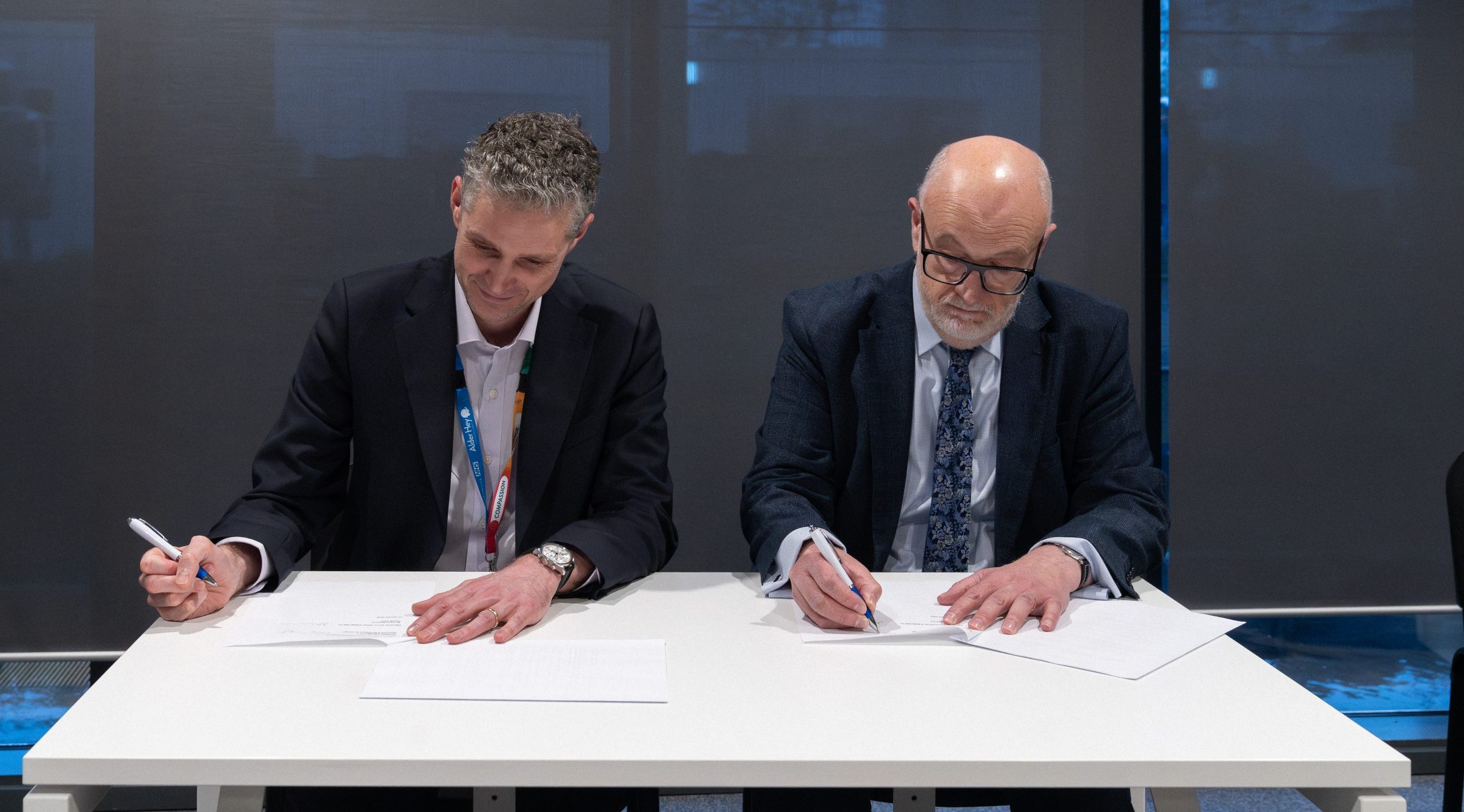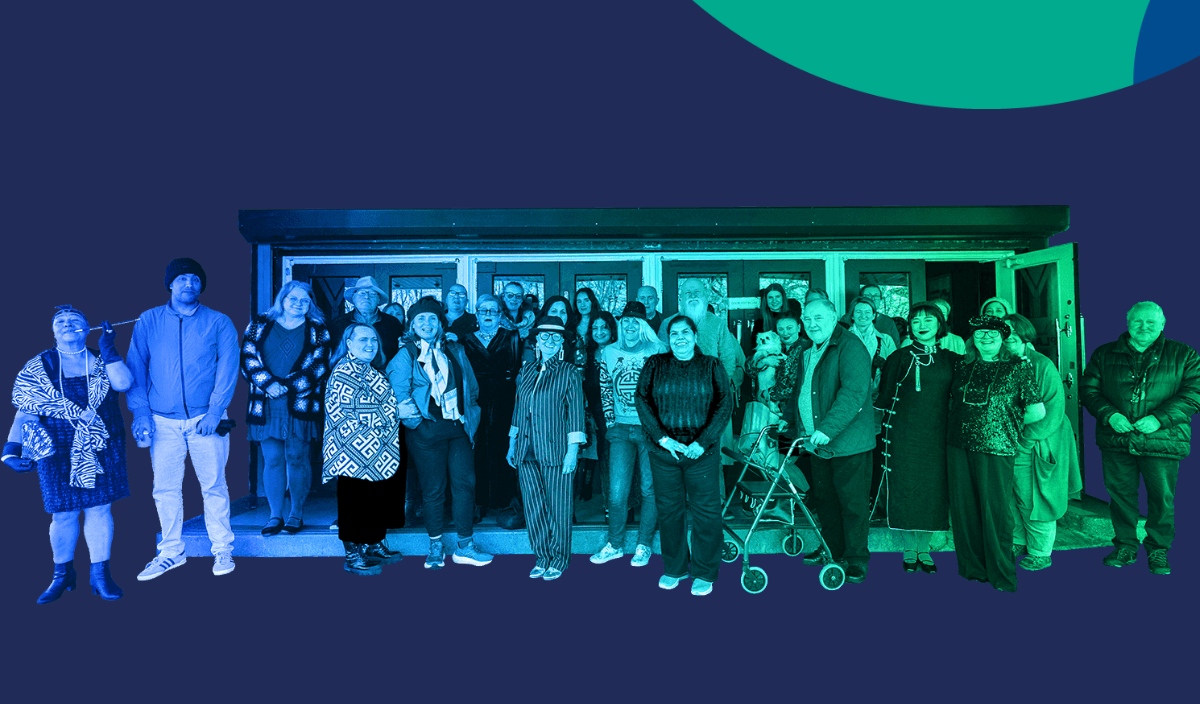New £7 million consortium funded to boost research on urban spaces and tackling health inequalities
The University of Liverpool, Queen’s University Belfast and University of Edinburgh, along with the universities of Exeter, Glasgow, Cranfield, Lancaster, have been awarded more than £7.1 million from the UK Prevention Research Partnership (UKPRP) as part of a consortium to investigate the impact that nature can have in helping to prevent and reduce health inequalities in urban areas.
The Consortium, ‘GroundsWell: Community-engaged and Data-informed Systems Transformation of Urban Green and Blue Space for Population Health’ will explore how transforming cities with nature can reduce health inequalities, primarily around chronic and non-infectious diseases such as heart disease, diabetes, cancer and mental health.
Over the five-year project, the interdisciplinary team will develop innovative approaches to work with communities where there are high levels of health inequalities. They will work with communities as key partners to develop and implement ways to improve health inequalities and prevent a range of chronic illnesses through harnessing the positive impact of nature.
Dr Ruth Hunter, from the Centre of Public Health at Queen’s University Belfast and Groundswell Co-Director, said: “There is strong evidence that natural environments within urban areas, such as parks, woodlands (green spaces) as well as lakes and beaches (blue spaces), have positive impacts on health.
“These urban green and blue spaces could be huge assets for protecting and equalising health if they were available, accessible, valued and well-used, particularly by less advantaged groups. The problem is that they are not, which is what this project aims to address.”
Dr Hunter added: “We are delighted to receive this funding from UK Prevention Research Partnership. Working with a range of experts across health, data and community engagement, over the next five years we will seek solutions to improve our urban environment that will in-turn improve population health.”
UKPRP supports multidisciplinary teams looking at ways to prevent non-communicable diseases such as heart disease, poor mental health, obesity, cancer and diabetes. Non-communicable diseases make up the majority of illnesses in the UK and account for an estimated 89 per cent of all deaths.
Professor Kevin Fenton, London Regional Director for Public Health England and Chair of the UKPRP Scientific Advisory Board, said: “UKPRP is an important and timely programme that we need to address health inequalities and prevent the onset of non-communicable disease.
“The projects funded under this programme are pushing the boundaries of prevention research by taking multidisciplinary approaches to addressing the complexities of population health, with the aim of improving people’s lives and health.
“As we look to build back fairer from the pandemic, the creation of healthy communities and places is a key priority.”
The project will use a range of approaches to ensure that communities, including residents, businesses and organisations, are fully represented. The Consortium will comprise of active, equal and embedded members and partners at all stages of decision making and will involve co-designing solutions that will benefit communities.
Professor Sarah Rodgers, from the University of Liverpool, and GroundsWell Co-Director, said: “Working with local authorities and charities, we will record how our environments change through time. Knowing when parks were adapted to encourage new visitors and how this subsequently impacts health outcomes will help provide robust evidence on what works and for whom.
“Everyone should have access to the right environments to support their health and wellbeing.”
Professor Ruth Jepson, from the University of Edinburgh and Groundswell Co-Director, added: “We propose a new way of working which encourages communities and citizens to work with our partner organisations to plan, design and manage urban green and blue spaces so that they benefit everyone, especially those who need it most. Through our partnerships and with the active involvement of our communities, we will identify small and large scale projects which can be developed and evaluated. We will involve communities and citizens in all stages of the work; from planning and prioritizing, to collecting data through citizen science apps, to writing, speaking and blogging on what is working well and what is not.”
Professor Tony Marson, Director of Research Programmes for Liverpool Health Partners (LHP), said: “LHP is delighted to be a partner in this important research and welcomes the opportunity it presents to work with an interdisciplinary team working collaboratively to tackle such a crucial health issue.
“We know that too often the quality of our health is tied to our postcode and this is something our membership organisation is committed to addressing through our programmes and themes.
“Transforming urban spaces in Cheshire and Merseyside and creating more opportunities for people to connect with nature, wherever they live, would be an important tool in reducing health inequalities.”
The multi-disciplinary team involves researchers from Queen’s University Belfast, University of Edinburgh, University of Liverpool, University of Exeter, University of Glasgow, Cranfield University, Lancaster University, Liverpool John Moores University and Colorado State University.
Partners include Belfast, Edinburgh and Liverpool City Councils, Public Health Agencies of England, Scotland and Northern Ireland, Greenspace Scotland, Scottish Forestry, Edinburgh and Lothians Health Foundation, Department for Infrastructure Northern Ireland, Belfast Healthy Cities, Climate Northern Ireland, Health Data Research UK, Administrative Data Research Centre, NatureScot, Mersey Care NHS Foundation Trust, Liverpool City Region Combined Authority, Liverpool Health Partners, NIHR ARC Northwest Coast, NHS Liverpool Clinical Commissioning Group, Wirral Council, the Scottish Government, Edinburgh Health and Social Care Partnership, HSC Research and Development Office Northern Ireland, Spotteron, Translink, Anaeko, AECOM Ltd, The Paul Hogarth Company and Moai Digital Ltd.
Charities and Non-Governmental Organisations include EastSide Partnership, Ashton Centre, Regenerus, Sustrans, Cycling UK, CHANGES, The Mersey Forest.




